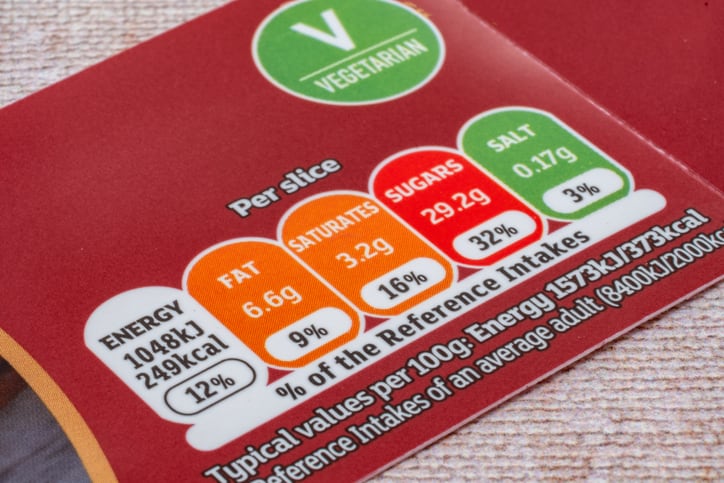While low-carbohydrate and low-fat diets are becoming popular as a way to promote weight loss and improve blood glucose levels, their long-term effects on life expectancy are less clear.
Researchers from Nagoya University Graduate School of Medicine in Japan conducted a follow-up survey over a period of 9 years with 81,333 Japanese people (34,893 men and 46,440 women) to evaluate the association between carbohydrate and fat intakes and the risk of mortality.
Daily dietary intakes of carbohydrates, fats, and total energy were estimated using a food frequency questionnaire and calculated as a percentage of total energy intake for carbohydrates and fats.
Carbohydrate intake quality (i.e., refined compared with minimally processed carbohydrate intake) and fat intake quality (i.e., saturated compared with unsaturated fat intake) were also assessed to examine the impact of food quality on the association with mortality.
Women with higher fat intake may have a lower risk of all-cause mortality
The researchers found that men who consumed less than 40% of their total energy from carbohydrates experienced significantly higher risks of all-cause and cancer-related mortality. The trend was observed regardless of whether refined or minimally processed carbohydrate were considered.
On the other hand, among women with 5 years or longer of follow-up, those with a high carbohydrate intake of more than 65% had a higher risk of all-cause mortality. No clear association was observed between refined or minimally processed carbohydrate intake and the risk of mortality in women.
For fats, men with a high fat intake of more than 35% of their total energy from fats had a higher risk of cancer-related mortality. They also found that a low intake of unsaturated fat in men was associated with a higher risk of all-cause and cancer-related mortality. In contrast, total fat intake and saturated fat intake in women showed an inverse association with the risk of all-cause and cancer-related mortality.
They concluded that this finding does not support the idea that high fat intake is detrimental to longevity in women.
“The finding that saturated fat intake was inversely associated with the risk of mortality only in women might partially explain the differences in the associations between the sexes,” said Dr. Takashi Tamura, who led the study.
“Alternatively, components other than fat in the food sources of fat may be responsible for the observed inverse association between fat intake and mortality in women.”
This study is extremely important, Tamura stresses. Recent studies conducted in Western countries suggest that extreme dietary habits for carbohydrates and fats are associated with a higher risk of mortality. What’s more, restricting carbohydrates and fats, such as extremely low-carbohydrate and low-fat diets, are now popular dieting strategies aimed at improving health, including the management of metabolic syndrome. However, this study shows that low-carbohydrate and low-fat diets may not be the healthiest strategy for promoting longevity, as their short-term benefits could potentially be outweighed by long-term risk.
“Overall, an unfavorable association with mortality was observed for low-carbohydrate intake in men and for high carbohydrate intake in women, whereas high fat intake could be associated with a lower mortality risk in women,” the researchers wrote. “The findings suggest that individuals should carefully consider how to balance their diet and ensure that they are taking in energy from a variety of food sources, while avoiding extremes.”
Source: Journal of Nutrition
Extreme dietary habits for carbohydrates and fats affect life expectancy: findings from a large-scale cohort study in Japan
DOI: 10.1016/j.tjnut.2023.05.027





